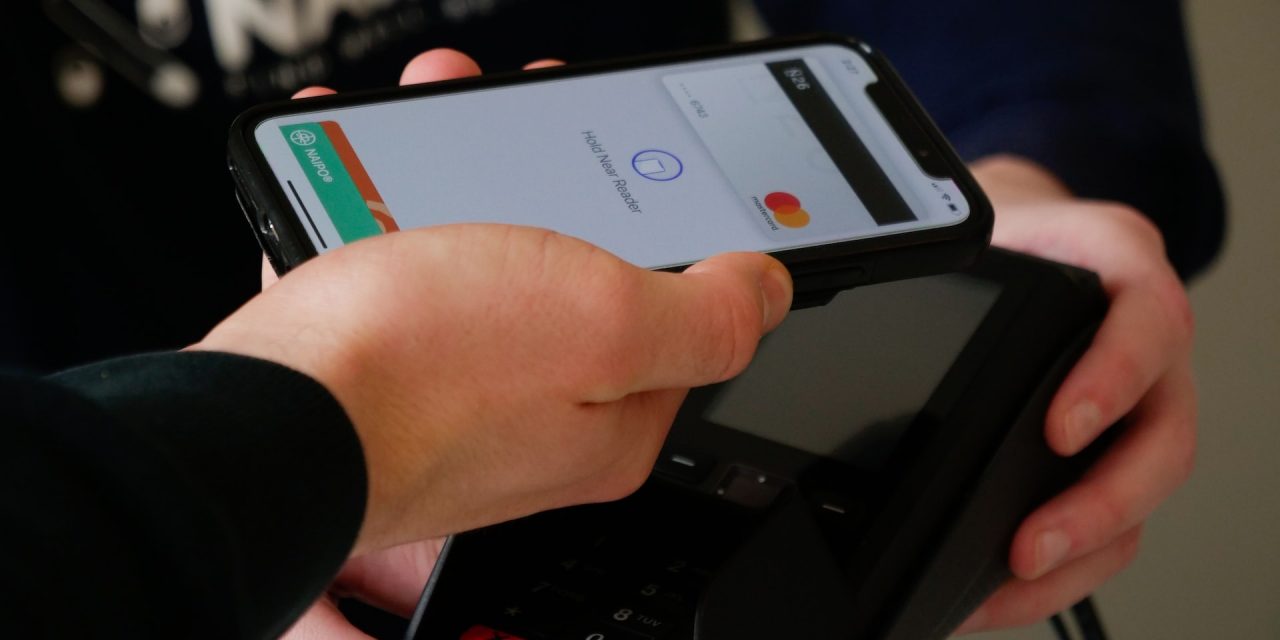NEWARK – The Virtual Cards Market revenues were estimated at US$ 338 Bn in 2021 and is anticipated to grow at a CAGR of 12.2% from 2022-2032, according to a recently published Future Market Insights report. By the end of 2032, the market is expected to reach a valuation of US$ 1.3 Tn.
The need for virtual cards is increasing as more people use digital platforms and online payment methods. Furthermore, virtual cards are critical for facilitating B2B payments. Business resources can be accessed from anywhere and at any time due to their greater flexibility and simplicity. They also provide a dependable and scalable dealer payment system, mainly for international transactions.
Retailers are adopting payment processing technologies to offer customers flawless checkout experiences as their preference for online shopping grows throughout the world. Payment gateway systems are in high demand among retailers since they make payments more convenient. Payment gateways are also utilized for in-store purchases, allowing customers to pay with their cellphones or over the internet.
One of the most inherent benefits of virtual cards is their ability to provide additional security. Virtual cards, unlike actual cards, cannot be reported stolen. Individuals and corporations have found virtual cards to be an appropriate payment instrument for completing safe transactions while also improving expenditure visibility and transparency.
Large retail shops are increasingly requesting digital payment solutions to allow their consumers to perform transactions while preserving social distance. Retailers employ digital payment methods including smart banking cards, point-of-sale systems, and e-wallets to shorten checkout times. At the same time, businesses are working on offering customers novel payment options.
Competitive Landscape
The leading players in the global Virtual Cards market are BTRS Holdings, Inc.; Fraedom Holdings Limited; JPMorgan Chase & Co.; Marqeta, Inc.; Mastercard; and Skrill USA, Inc.
- In October 2020, Aliant Payments announced the expansion of XRP, an open-source alternative digital asset, to its CryptoBucks crypto payment phone app enabled by Aliant Payments. XPR would be accessible as a mobile app including both Android and iOS.
- In July 2020, ParkMobile, a parking solutions company, announced an agreement with EasyPark, a facilities services company. The previous firm facilitated contactless payments across Vancouver as a result of this collaboration.
Market Segments Covered In Virtual Cards Market Analysis
By Product Type:
- B2B Virtual Cards
- B2C Remote Payment Virtual Cards
- B2C POS Virtual Cards
By End Use:
- Consumer Use
- Business Use
- Others
By Region:
- North America
- Europe
- Asia Pacific
- Middle East and Africa
- Latin America
Table of Content
1. Executive Summary
1.1. Global Market Outlook
1.2. Summary of Statistics
1.3. Key Market Characteristics & Attributes
1.4. Analysis and Recommendations
2. Market Overview
2.1. Market Coverage / Taxonomy
2.2. Market Definition / Scope / Limitations
3. Market Risks and Trends Assessment
3.1. Risk Assessment
3.1.1. COVID-19 Crisis and Impact on Virtual Cards Demand
3.1.2. COVID-19 Impact Benchmark with Previous Crisis
3.1.3. Impact on Market Value (US$ Mn)
3.1.4. Assessment by Key Countries
3.1.5. Assessment by Key Market Segments
3.1.6. Action Points and Recommendation for Suppliers
Source: Future Market Insights Global and Consulting Pvt. Ltd.





